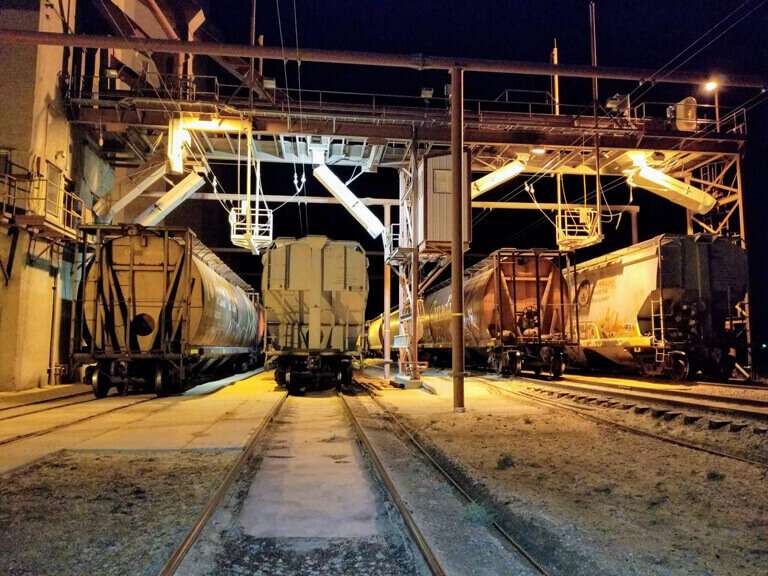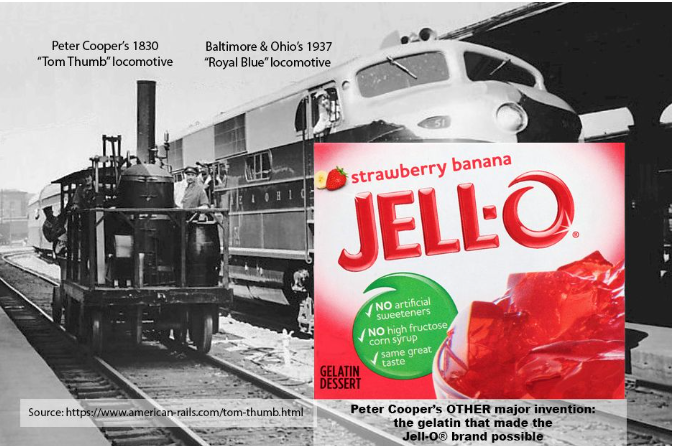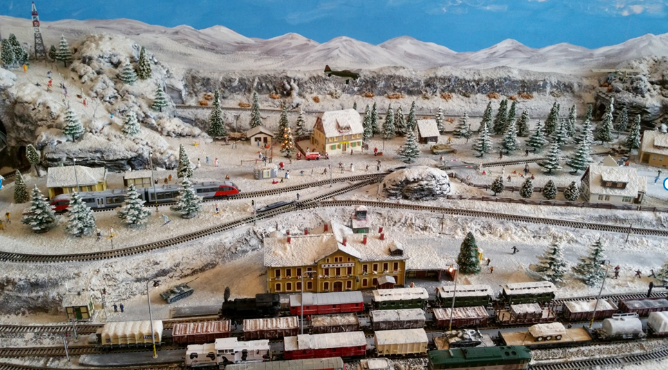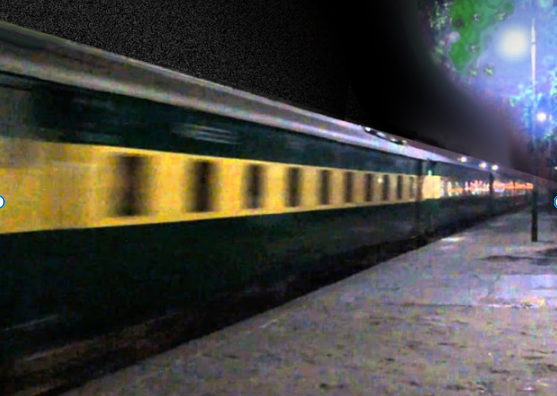North American’s version of the English language is almost alive. It adapts to changing times. It evolves. And in doing so, its memories reflect the emotional sense and values of its users.
That includes those of us who love the romance of railroads as much as we love words.
Let’s give you an example. Today, North Americans try hard to protect the sensitivities of those who might otherwise be offended by language which suggests a critical judgment of individuals or groups. So we most often describe indigent people as “poor”, “homeless,” or simply “unemployed”.
Things were different during “the Great Depression.” By 1933, one out of four Americans were out of work. Most of these folks desperately wanted to find employment. But there were a number of disapproving words used to describe those who did not.
Like “bum.” The dictionaries of the time described a bum as “a lazy or shiftless person, especially one who seeks to live solely by begging or borrowing the support of others.” Or similarly, “freeloader: a person who habitually depends on the charity of others for food, shelter, etc.”
Or “tramp: One who travels aimlessly about on foot, doing odd jobs or begging for a living; a vagrant.
A wanderer; a rover.” Worse yet were the “gypsies: any persons suspected of making a living from dishonest practices or theft; a member of a nomadic people, not necessarily Romani; a carny.”
Here’s our favorite. It’s the word closest to the culture of those who love railroads, then and now: “Hobo: one who wanders from place to place without a permanent home or a means of livelihood. A freight train rider. A migrant worker.” The term first appeared in America’s northwest, where it evolved as a contraction of the term “hoe boy,” used to describe itinerant farm workers.
The dangerous freedom exercised by these figures was given big-name feature film treatment in the 1973 movie, “Emperor of the North.” By 1992, in “Hobo,” Hollywood glamorized these characters as philosopher kings, filmed with scenic backdrops set in the American Northwest. Things turned darker by 1997, when the film “Riding the Rails” showed the dangers and despair suffered by up to four million people who were compelled to adopt migrant worker lifestyles as hobos.
For all of the suffering induced by the Depression, most North Americans retained their generous integrity through it all. One of us at Standard Railcar had a family member whose house in that era was set close to a railroad. When the lady of that house had dinner scraps left over to share, she would simply turn on the light over the back porch of the house. She would then set out a dinner plate with the food, along with the flatware to be used to consume it.
Hobos across the continent were apparently familiar with such a welcome signal. It was our relative’s experience that whenever such a meal was anonymously consumed, the plate, knife, fork and spoon were always left clean and in their original place. And on occasion, the person who ate the food would knock on the back door to the kitchen. When the door was answered, these grateful consumers would offer to provide a domestic service in exchange to the generosity they had enjoyed.
Times change. Too often these days we see the expectation of entitlement take the place of expressions of appreciation for freely conferred favors. That’s just another reason for us to look back at those who survived the Depression and call them “The Greatest Generation.”
# # # # #



